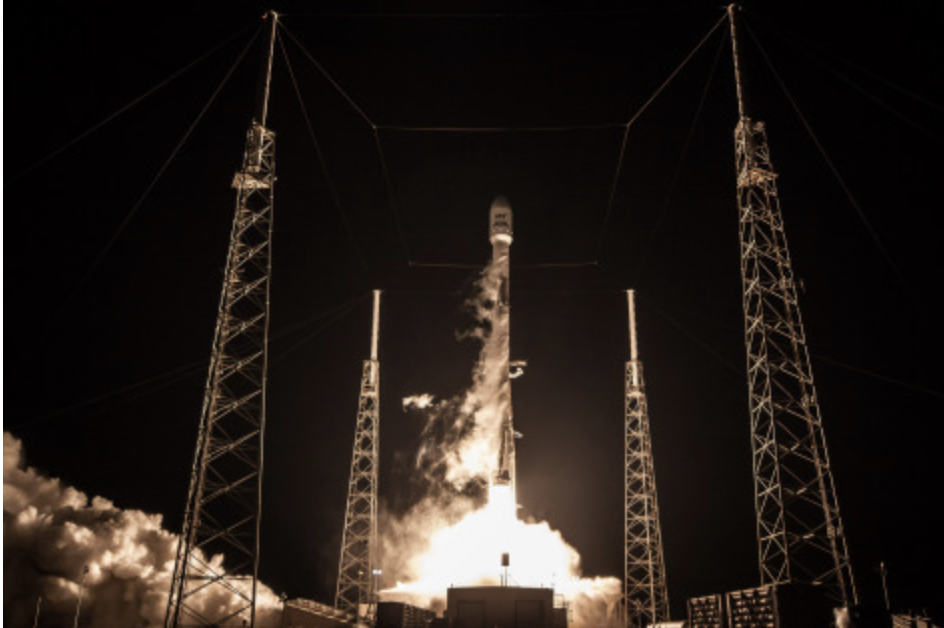
Indonesians will soon be able to enjoy reliable broadband internet access delivered by Teleglobal enabled by SES Networks’ managed data services and the SES-12 satellite. Communities in remote areas that have been underserved will be connected. According to data released by Indonesian Internet Service Providers Association (APJII), 55 percent of the country’s population were connected to the internet in 2017.
Internet penetration reached 72 percent of the urban population and 48 percent in rural areas. However, internet penetration rates dropped significantly outside of the most populous island of Java (58 percent), reaching less than 20 percent of the population in Sumatra (19 percent) and standing at only 2.5 percent in the outlying provinces of Maluku-Papua.
Communities in remote areas of Indonesia will soon be able to enjoy reliable broadband internet access delivered by Teleglobal enabled by SES Networks’ managed data services and the SES-12 satellite, SES announced today. Under a new agreement, Teleglobal and SES Networks will be partaking in the Ministry of Communication and Information Technology’s universal service obligation (USO) project via its USO agency Badan Aksesibilitas Telekomunikasi dan Informasi (BAKTI) to provide broadband internet access and mobile backhaul services to 150,000 sites in remote parts of the country.

Teleglobal Brings Broadband Access and Mobile Connectivity Services to Rural Communities in Indonesia via SES Networks (Photo: Business Wire)
The five-year agreement will see Teleglobal contract 1.3 GHz of capacity on SES-12, one of SES’ high throughput satellites (HTS) covering the Asia-Pacific region, with an option to extend for a further five years. The largest SES GEO HTS covering Asia-Pacific has six regional beams and 72 high throughput user spot beams and can provide cost-effective solutions for broadcasters, content operators, mobile network operators, internet service providers, enterprise, maritime and aeronautical and government customers across Asia-Pacific and the Middle East.
In view of this, Teleglobal and SES’ project is aimed at complementing the ongoing Palapa Ring project spearheaded by BAKTI, which involves connecting the major islands in Indonesia with 11,000km of undersea fibre-optic cables to provide broadband internet infrastructure.
Candra Indianto, Teleglobal Director said that Teleglobal is honored to be chosen by Indonesia’s Ministry of Communication and Information Technology as one of the key providers for satellite capacity for the BAKTI project. At Teleglobal, they believe in the power of connectivity, in opening new doors of opportunity to communities in Indonesia and around the world. With the new service offering, Teleglobal is bridging the digital divide and bringing much-needed e-Government and other essential services to the underserved rural communities of Indonesia. SES Networks’ unparalleled global reach and operational expertise make them the ideal partner to provide reliable, high-speed broadband connectivity to all corners of Indonesia.”
Imran Malik, Vice President, Global Fixed Data at SES Networks added that satellite-based networks are ideal for USO projects as they provide scalable and easily-deployed broadband access to remote locations, where conventional terrestrial-based networks may take a far longer time and be cost-prohibitive to deploy. They are honored that they are able to transform people’s lives by working jointly together with Teleglobal to deliver high-performance data connectivity services for the archipelago via SES-12, which has recently secured landing rights for operations in Indonesia. Internet connectivity and mobile services will not only empower these underserved communities, but also unlock the as-yet-untapped economic potential of the digital economy.
The new satellite-based service will be rolled out across 15,000 locations in Indonesia in the first phase, which will enter service in Q3 2019.

